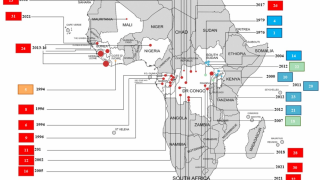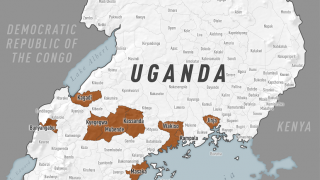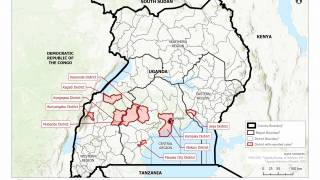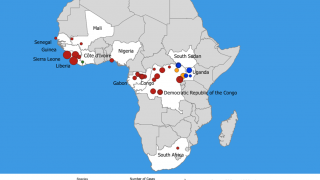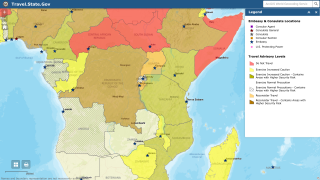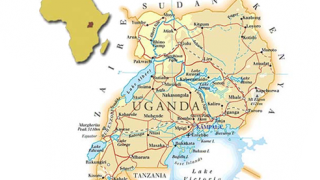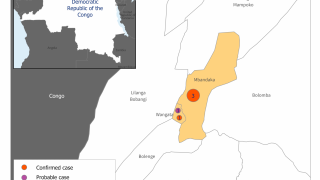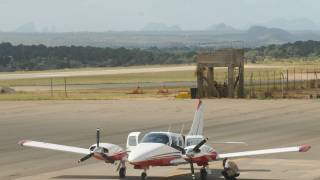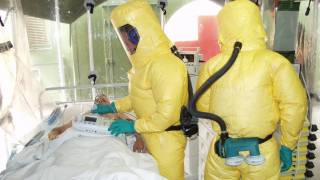Can Airport Screening Identify Escaping Ebola?
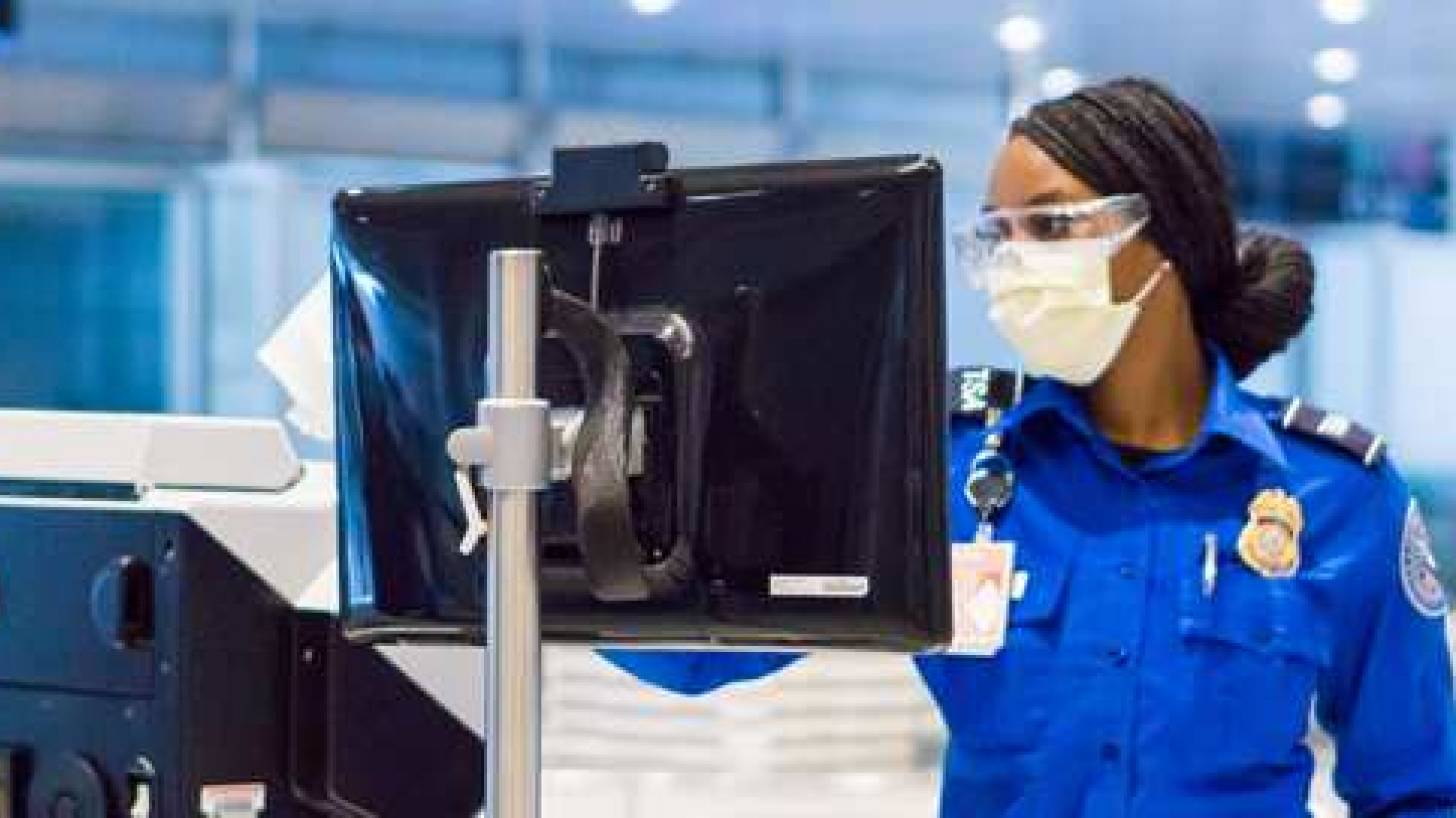
Historic outbreaks of the Ebola virus are typically isolated and usually affect a few hundred people at a time. However, with innovative vaccines and antibody treatments available, recent Ebola outbreaks have been limited and less fatal.
However, the current Sudan Ebolovius (SUDV) outbreak in the Republic of Uganda does not have access to U.S. FDA-approved vaccines or treatments.
And recent data from the Uganda Ministry of Health posted on Twitter indicates the SUDV case fatality rate exceeds 40%.
Since late September 2022, about 19 SUDV fatalities have been reported during Uganda's fifth outbreak since 2000.
"Our primary focus is to control and contain this [#Ebola] outbreak rapidly and to protect neighboring districts & countries. WHO is fully committed to supporting [#Uganda] with our partners to save lives & end this outbreak." – Tweeted @DrTedros, the WHO's director general, on October 12, 2022.
And with the recent BBC news of a confirmed SUDV fatality at Kiruddu National Referral Hospital in Uganda's capital city of Kampala, the global risk for this disease spreading has been elevated.
According to the Uganda Bureau of Statistics, about 100,000 tourists visited this central African country pre-COVID pandemic.
This data indicates air travel could become a significant source of risks.
In anticipation of this development, the U.S. Centers for Disease Control and Prevention (CDC) and the Department of Homeland Security Customs and Border Protection began screening passengers for Ebola at five U.S. airports on October 6, 2022.
Furthermore, the CDC's recent Alert - Level 2, Practice Enhanced Precautions, alerts says travelers (Uganda) should avoid contact with dead bodies, including participating in funeral or burial rituals.
However, history indicates stopping the spread of Ebola has been challenging.
The Ebola virus is transmitted from person to person through direct contact with blood, secretions, or other bodily fluids of an infected person.
Recently, the U.K. Health Security Agency stated on October 6, 2022; there is no evidence of an airborne route of Ebola transmission. But transmission via large saliva droplets may be possible.
From 2014-2016, infections from the SUDV caused more than 11,000 deaths in West Africa.
During that time, several cases of Ebola were also diagnosed in other countries, including the U.S., due to infected travelers that had unknowingly incubated the virus while flying.
The BMJ Global Health reported in June 2018: This qualitative study found that the UK EVD screening process was perceived to be acceptable to assess individual risk and provide information and advice to travelers.
However, the European Centre for Disease Prevention and Control (ECDC) has a different recommendation.
On October 12, 2022, the ECDC announced screening travelers returning from Uganda would not be an effective measure to prevent the introduction of SUDV in Europe.
Instead, both experience and evidence show that exit screening (in Uganda) can be an effective measure to support the containment of the disease spread, wrote the ECDC.
The CDC's travel alert issued on October 4, 2022, says travelers should isolate immediately and seek medical care if they develop SUDV signs and symptoms during or for up to 21 days after travel.
Other Ebola outbreak news is posted at Vax-Before-Travel.com/Ebola.
Vax-Before-Travel publishes fact-checked, research-based travel vaccine news manually translated and curated for mobile readership.
Our Trust Standards: Medical Advisory Committee
- Airport Exit and Entry Screening for Ebola — 2014
- UK Public health message to NHS service providers
- https://www.dhs.gov/science-and-technology/news/2021/04/20/feature-article-new-tech-makes-detecting-airborne-ebola-virus-possibl
- Qualitative study of Ebola screening at UK ports of entry
- Airport Entry and Exit Screening of Ebola in Sierra Leone 2014 to 2016
- Health Alert – Enhanced Screening at Designated U.S. Airports
- Ebola outbreak in Uganda under ECDC monitoring

